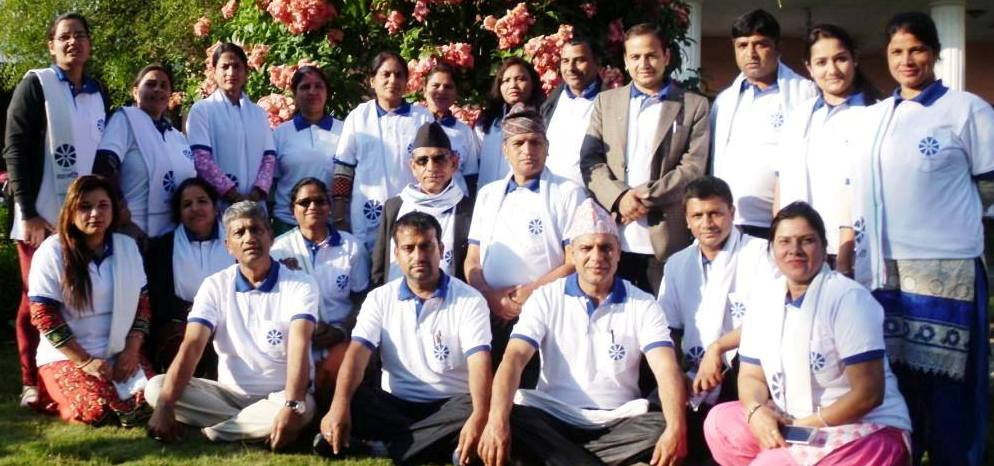Location:
Gaindakot-5, Nawalparasi (Ba.Sa.Pu), Nepal
Email:
sahamatico@gmail.com
Phone:
+977-78-502277


